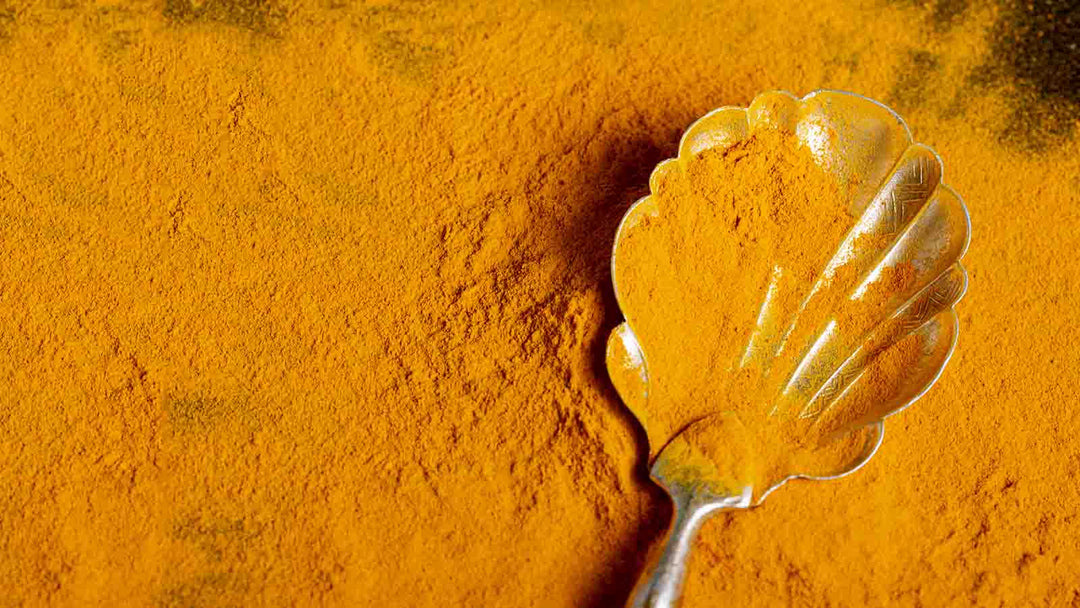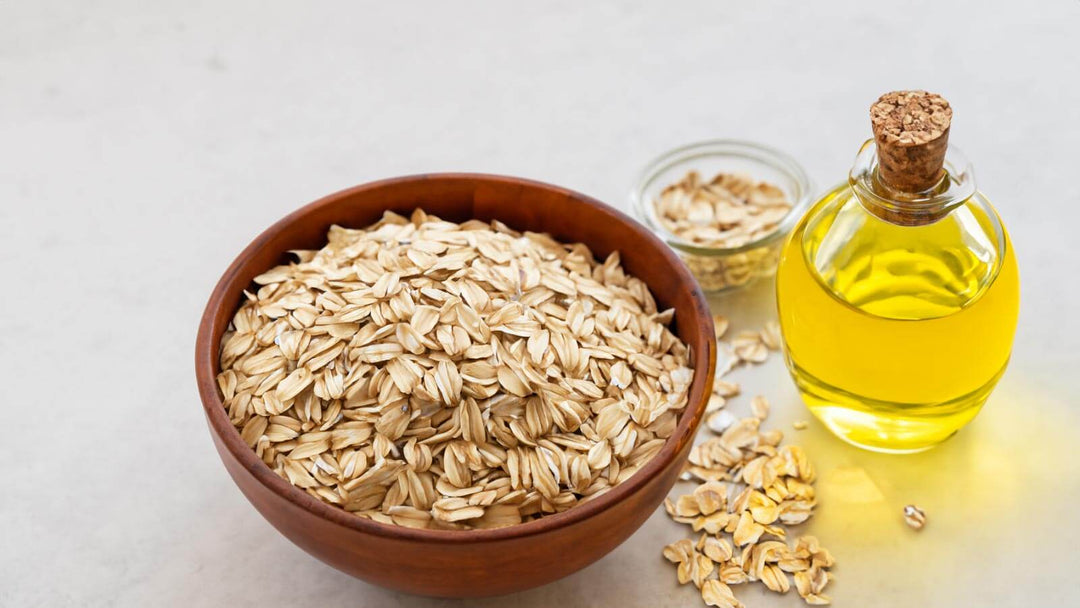Eczema, a condition that causes the skin to become red, itchy, and inflamed, affects millions of people worldwide. Living with eczema can be challenging, as flare-ups can be unpredictable and difficult to manage. While there is no cure, many have found relief through various treatments, including dietary changes. The link between diet and eczema is a subject of much research and debate, with certain foods known to trigger or exacerbate eczema symptoms in some people, though responses can vary widely.
The Connection Between Diet and Eczema
Eczema flare-ups can be triggered by various factors, including environmental irritants, stress, and, notably, food. Foods that cause allergic reactions or increase inflammation can worsen eczema symptoms. Understanding which foods may trigger your eczema is crucial for managing the condition effectively. For further information, the National Eczema Association provides a comprehensive overview on how diet impacts eczema (National Eczema Association).

Foods to Avoid with Eczema
Dairy Products
For some, dairy products can exacerbate eczema. Dairy contains proteins like casein and whey, which can trigger allergic reactions in sensitive individuals, leading to increased eczema symptoms. The American College of Allergy, Asthma & Immunology discusses the link between food allergies, such as dairy, and skin conditions like eczema (American College of Allergy, Asthma & Immunology).
Eggs
Eggs are another common allergen that can cause issues for people with eczema. Eliminating eggs from the diet may help reduce flare-ups for some individuals.
Soy Products
Soy allergies can also contribute to eczema symptoms. Soy is found in a wide range of foods, making it important to read labels carefully if you're trying to avoid it.
Gluten-containing Grains
Gluten, a protein found in wheat, barley, and rye, can cause problems for people with gluten sensitivity or celiac disease, potentially worsening eczema symptoms.
Nuts and Seeds
Nuts and seeds are common allergens that can trigger eczema in some people. If you notice a link between nut consumption and eczema flare-ups, it may be worth exploring an elimination diet.
Seafood and Shellfish
Seafood and shellfish can cause allergic reactions that may exacerbate eczema. If you suspect these foods are triggering your symptoms, consider eliminating them from your diet.
Citrus Fruits
Citrus fruits, while healthy, can irritate eczema in some individuals due to their acidity.
Spicy Foods
Spicy foods can increase inflammation and irritate the skin, potentially leading to eczema flare-ups.
Artificial Additives
Artificial colours, flavours, and preservatives found in processed foods can also trigger eczema in some people. Research from the American Academy of Dermatology highlights how certain additives in foods might worsen symptoms of eczema (American Academy of Dermatology).

Eczema: What Foods to Avoid - A Summary
It's crucial to understand that while the above foods may trigger eczema in some people, reactions vary greatly from person to person. Identifying your personal triggers can help manage your eczema more effectively.
Frequently Asked Questions (FAQs)
What foods can trigger eczema?
Common triggers include dairy, eggs, soy, gluten, nuts, seafood, citrus fruits, spicy foods, and artificial additives. However, it's important to identify your personal triggers.
Is eating meat bad for eczema?
Not all meats are bad for eczema, but processed meats high in saturated fats can worsen symptoms. Lean, organic meats may be less likely to affect eczema.
What foods help clear up eczema?
Foods high in omega-3 fatty acids, such as fatty fish, and anti-inflammatory foods like turmeric, ginger, and leafy greens, can support skin health and reduce eczema symptoms.
What is the best moisturiser for eczema?
Look for moisturisers that are fragrance-free and designed for sensitive skin. Products containing ceramides and hyaluronic acid can be particularly effective for eczema-prone skin.
Conclusion
Managing eczema involves understanding and avoiding your personal food triggers. While the foods listed here are common triggers, it's important to consult with a healthcare professional for personalised advice. Together, you can develop a management plan that includes dietary changes, skincare routines, and possibly medication to keep your eczema under control.
References
This article incorporates information and guidance from:
- National Eczema Association for a comprehensive overview of how diet impacts eczema.
- American College of Allergy, Asthma & Immunology for insights on dairy allergies and eczema.
- American Academy of Dermatology for information on how additives in foods might affect eczema.







